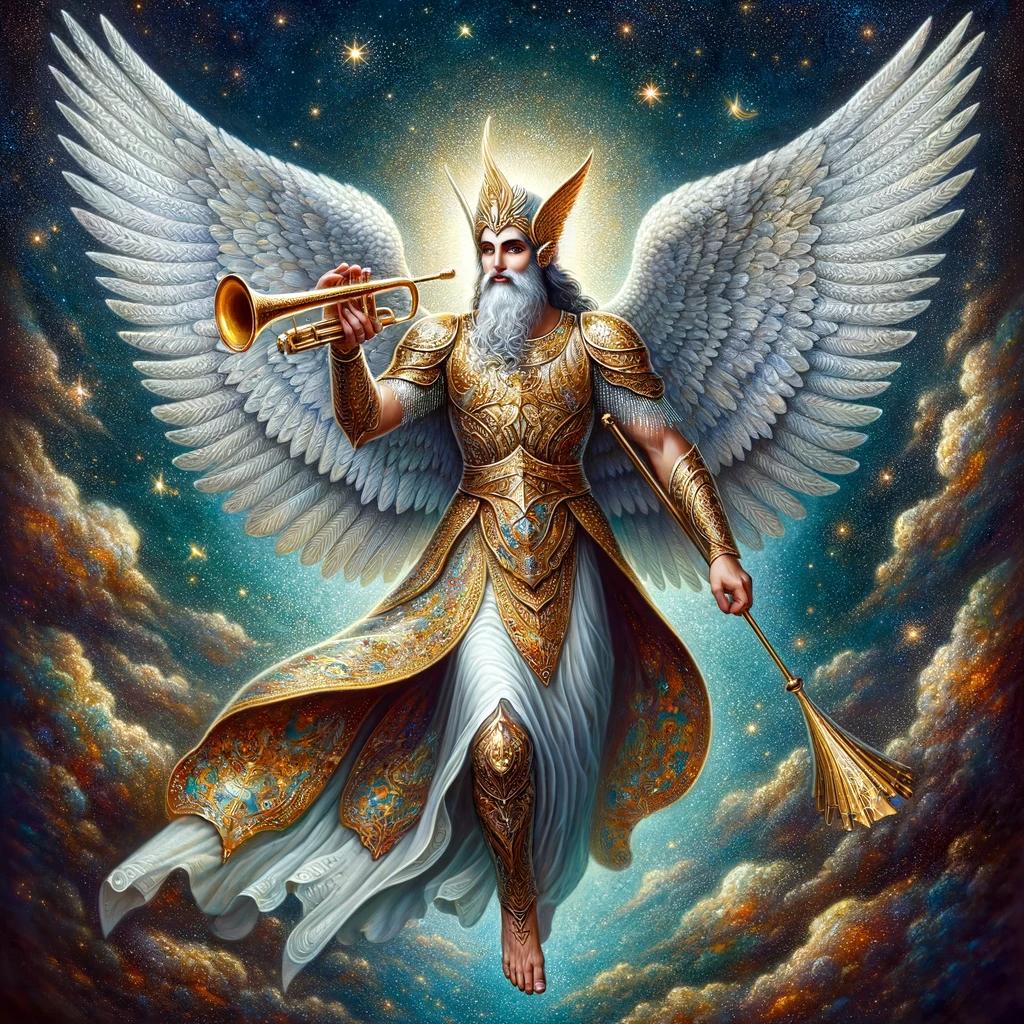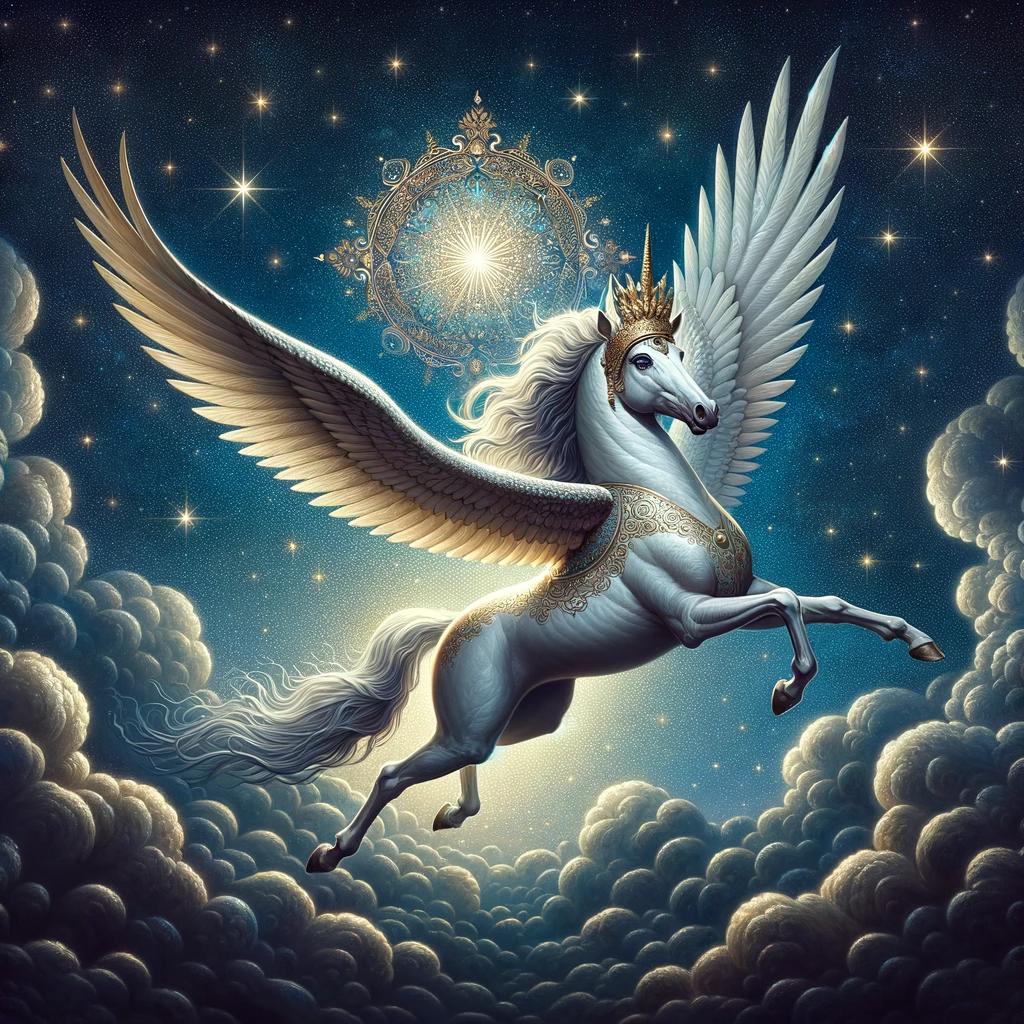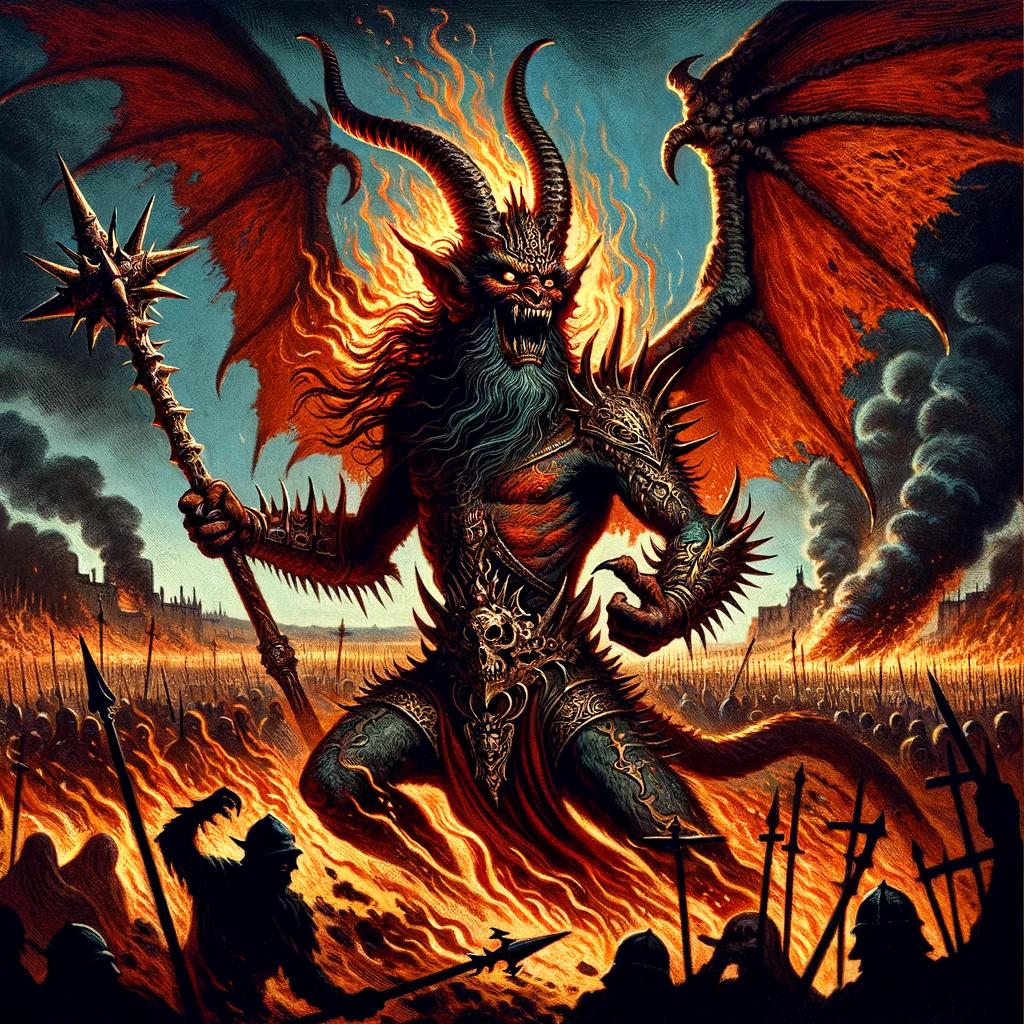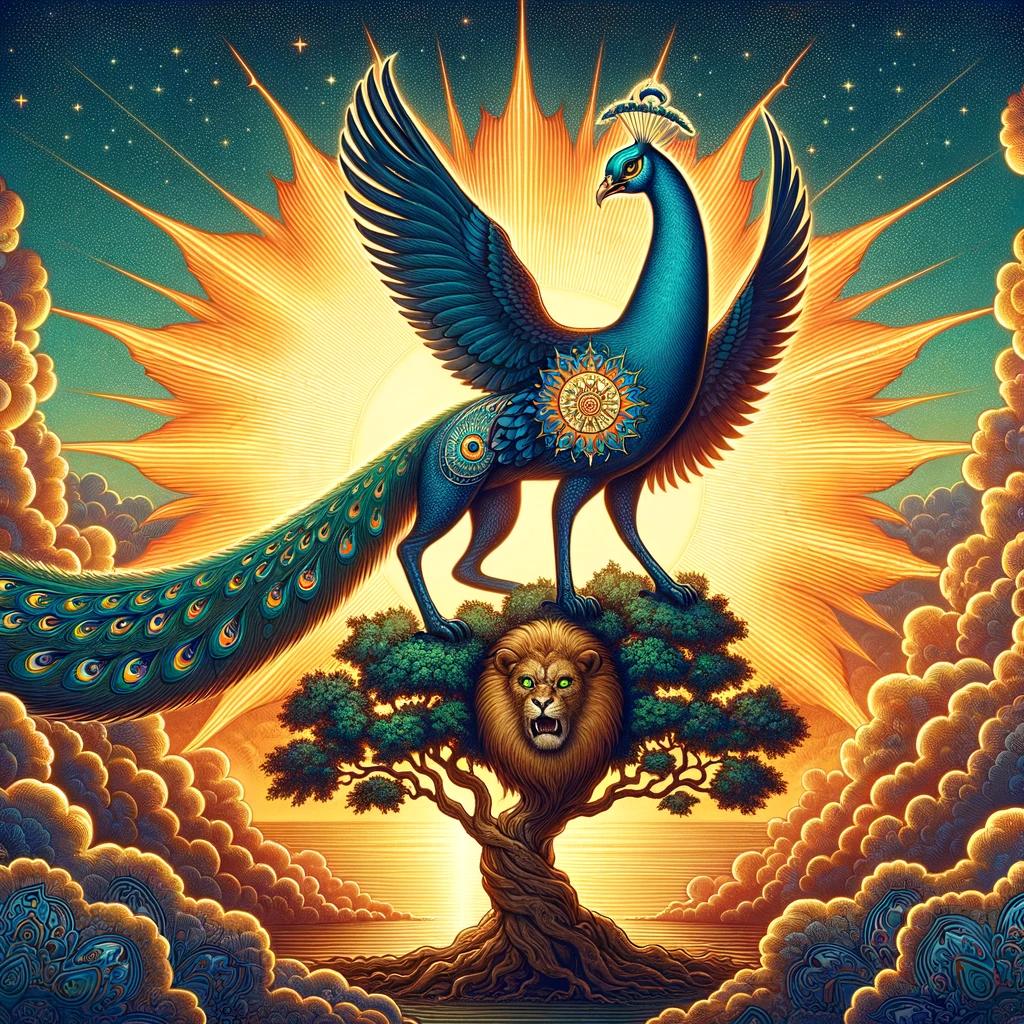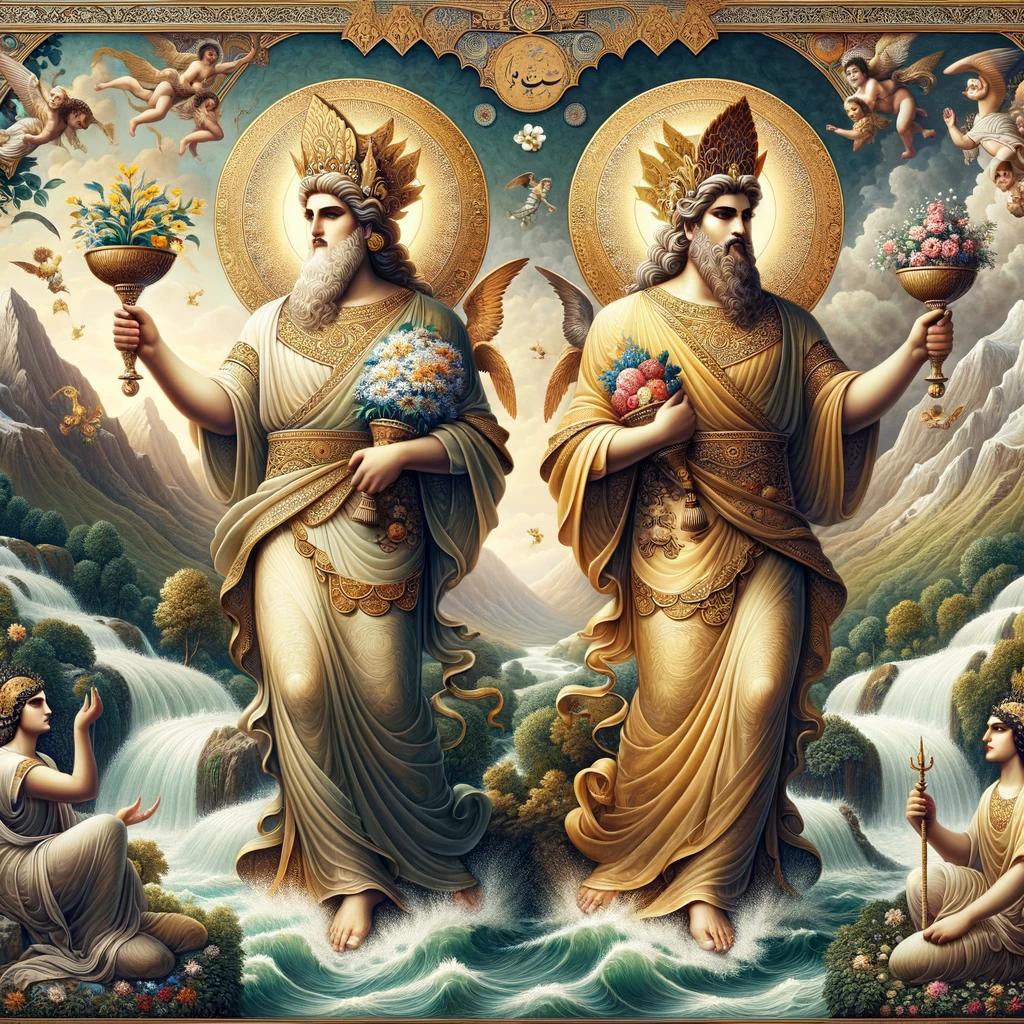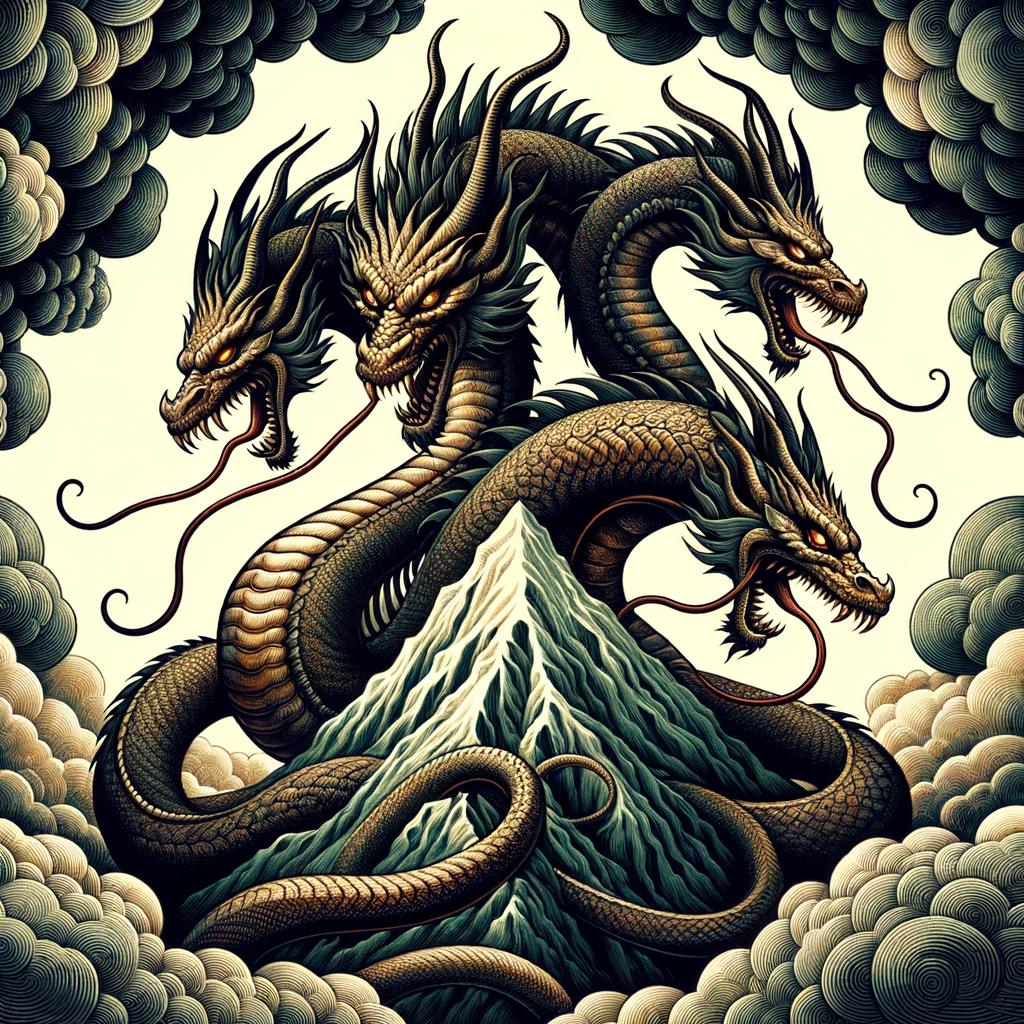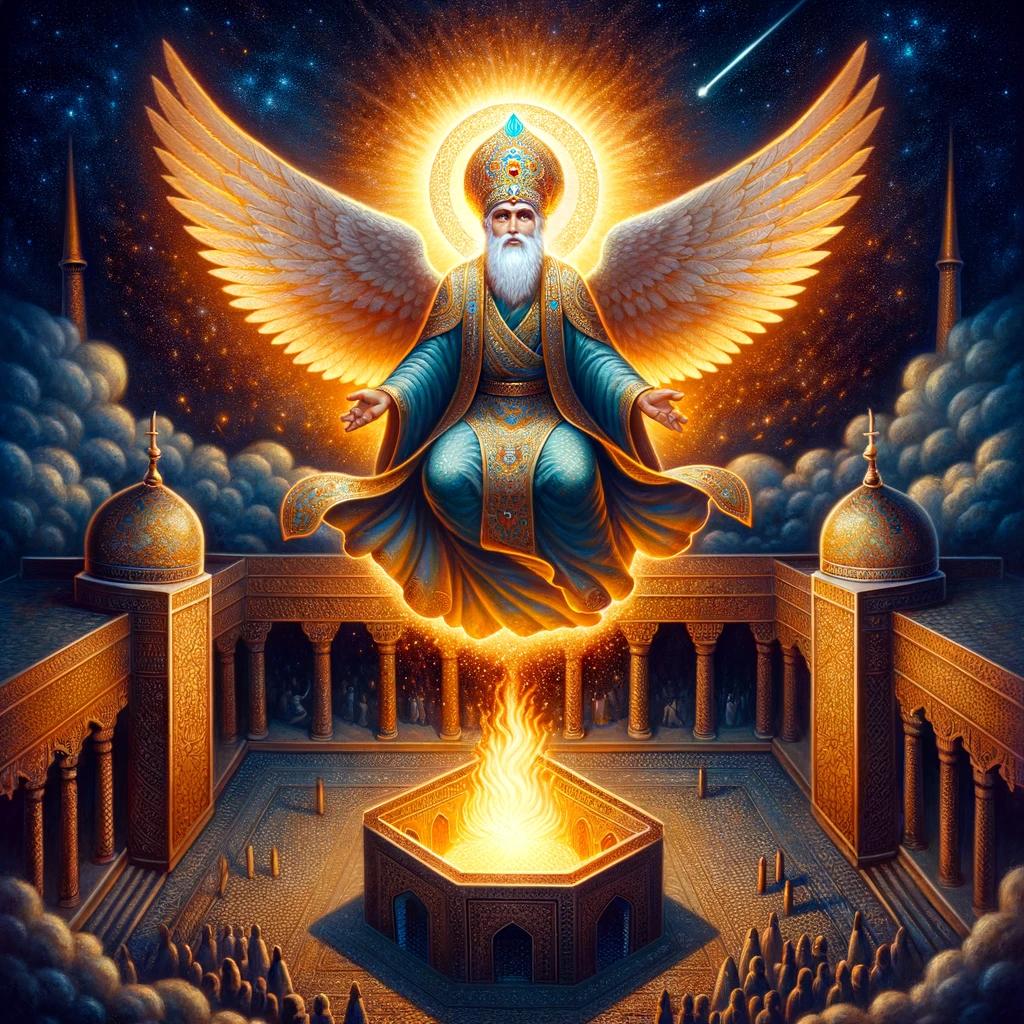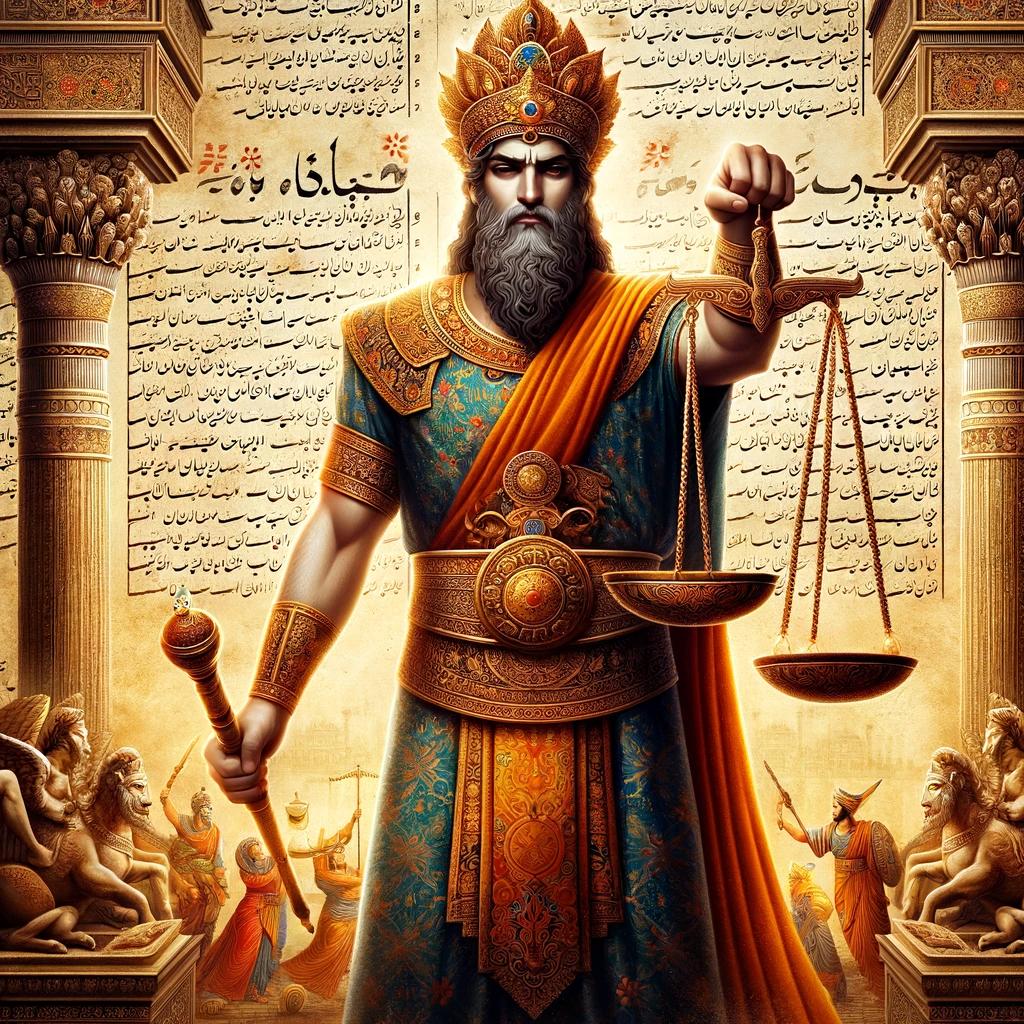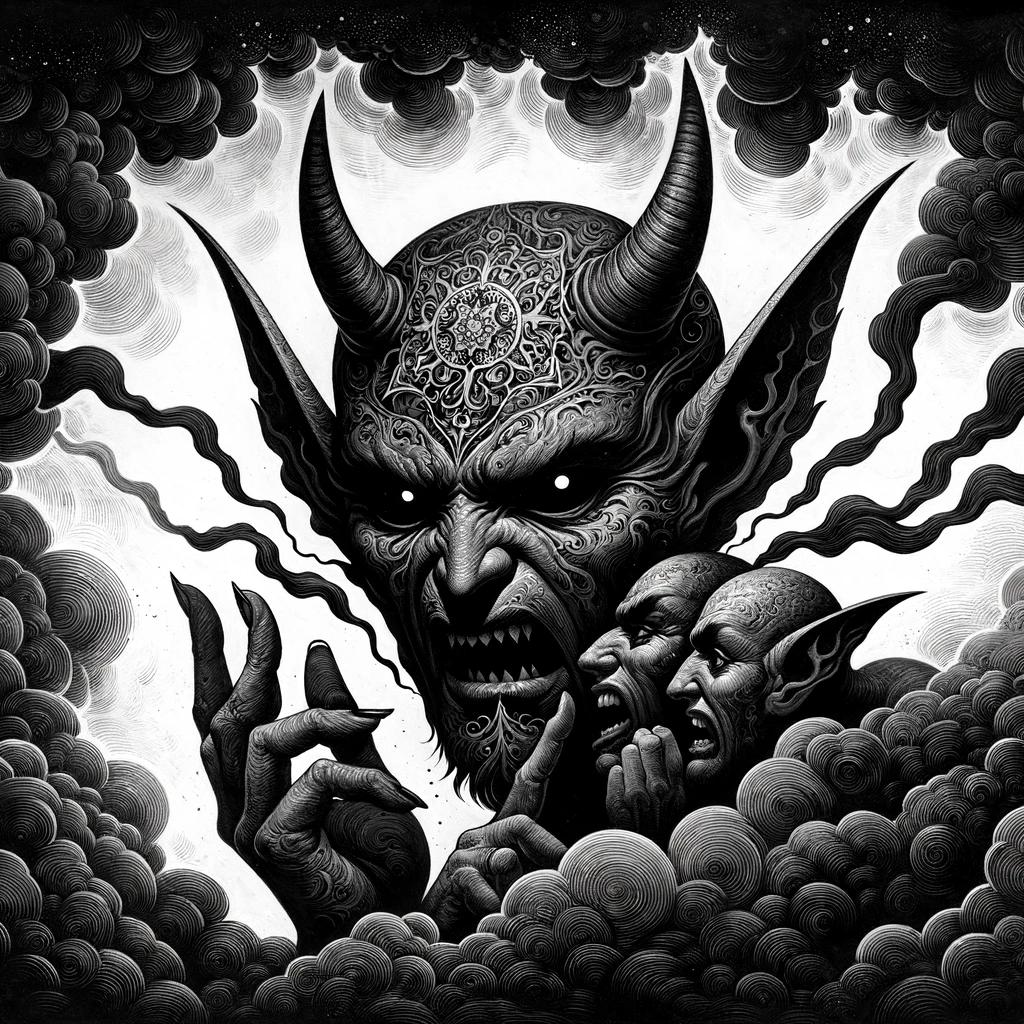Sraosha in Zoroastrianism: The Divine Messenger and Protector of the Faith
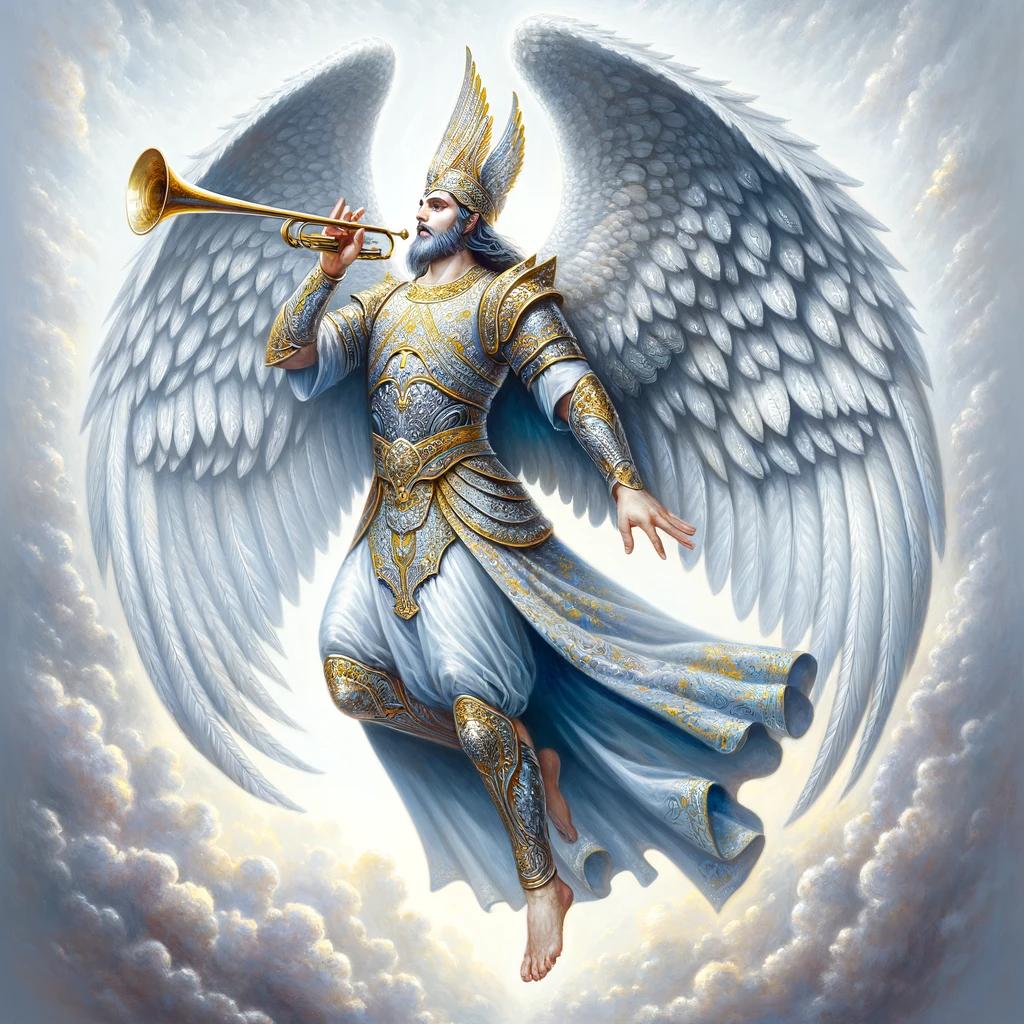
Sraosha holds a significant role in Zoroastrianism as the divine messenger and protector of the faith. In Zoroastrian rituals, Sraosha’s presence is considered vital, and without it, no ritual is deemed valid.
Represented as a strong and holy youth residing in a celestial abode, Sraosha also serves as a guardian, punishing demons and safeguarding mankind. With prayers as their powerful weapon, Sraosha battles demons thrice each night.
This article explores Sraosha’s attributes, symbolism, textual mentions, and enduring influence on Zoroastrian teachings and Iranian-Islamic traditions. Additionally, it examines how devotees invoke Sraosha for protection and guidance in various aspects of life.
The Significance of Sraosha in Zoroastrianism
Sraosha holds great importance in the Zoroastrian faith, playing multiple significant roles within the religious framework. This section explores various aspects of Sraosha’s significance in Zoroastrianism, highlighting their role as a divine messenger, their integral presence in Zoroastrian rituals, and their protective nature against demons.
The Role of Sraosha as a Divine Messenger
Sraosha serves as a divine messenger in Zoroastrianism, acting as the embodiment of Ahura Mazdā’s divine word. Their name, derived from an Avestan word meaning “to hear,” symbolizes the obedience of humanity to Ahura Mazdā’s word and the divine ability of Ahura Mazdā to listen everywhere.
As a mediator between humans and God, Sraosha plays a crucial role in conveying messages, teachings, and divine guidance to humanity.
Sraosha’s Importance in Zoroastrian Rituals
In the liturgy of Zoroastrianism, Sraosha holds immense significance. Zoroastrians believe that no ritual can be deemed valid without the presence of Sraosha. Their representation as a strong and holy young entity, residing in a celestial house with a thousand columns, signifies their importance within the religious practices of the faith.
Sraosha as a Protector Against Demons
Besides serving as a divine messenger, Sraosha also acts as a protector against demons. Sent by Ahura Mazdā, Sraosha confronts and punishes demons tormenting humanity. Every night, they descend to the earthly realm, engaging in battle with demons and crushing their skulls using prayers as their powerful weapon.
This role highlights Sraosha’s bravery and physical prowess, ensuring the safety of believers and the eradication of evil forces.
Sraosha’s Attributes and Symbolism
Sraosha, the divine messenger in Zoroastrianism, is characterized by various attributes and symbolism that highlight his significance in the faith.
Physical Description and Representation
Sraosha is depicted as a young and handsome warrior, exuding strength and holiness. He is often shown wielding a powerful wooden mallet, instilling fear in demons from afar. This representation emphasizes his physical prowess and ability to overcome resistance.
Sraosha’s Association with the Word and Obedience
Sraosha’s close association with the sacred word is a central aspect of his symbolism. He embodies the essence of the divine word and promotes its observance. Sraosha symbolizes the importance of obedience and discipline in the Zoroastrian religion, reflecting the faithful’s commitment to adhering to Ahura Mazdā’s teachings.
Sraosha’s Role in Protecting the Material World
Besides his role as a messenger and mediator, Sraosha also serves as a guardian and protector. He is believed to defend houses and promote the welfare of the material world. His presence is seen as vital for the well-being and prosperity of individuals and society.
Sraosha in Zoroastrian Texts and Traditions
Sraosha plays a significant role in Zoroastrian texts and traditions, being mentioned in various Avestan texts that form the core scriptures of the Zoroastrian faith.
Sraosha’s Mention in the Avestan Texts
In the Avestan texts, Sraosha is praised as the messenger and embodiment of Ahura Mazda’s divine word.
His name, derived from the Avestan word for “hearing,” symbolizes both humankind’s obedience to Ahura Mazda’s word and Ahura Mazda’s ability to listen to all.
These texts highlight Sraosha’s crucial role as a mediator between humans and God.
They emphasize that no ritual is considered valid without Sraosha’s presence, emphasizing the significance of his involvement in Zoroastrian liturgy.
Sraosha’s Connection with Mithra and Aši
- Mithra: Sraosha is closely associated with Mithra, who represents covenant, truth, and righteousness. Together, they work as a tandem in upholding divine order and promoting the cosmic balance.
- Aši: Sraosha also has a strong connection with the goddess Aši, who signifies reward and prosperity.
This association underscores the relationship between obedience to divine word, righteous deeds, and the ensuing blessings.
Sraosha’s Influence on Zoroastrian Teachings
Sraosha’s teachings have a profound impact on Zoroastrian theology and morality. His role as a divine messenger reinforces the importance of obedience, faithful devotion, and adherence to the word of Ahura Mazda.
Sraosha’s emphasis on righteousness, justice, and protection against demons shapes the ethical framework of the Zoroastrian faith.
- Teachings on Rituals: Sraosha’s presence is deemed essential for the efficacy of Zoroastrian rituals, highlighting the significance of his intercessory role in the worship practices.
- Moral Guidance: Sraosha’s influence reinforces the values of obedience, righteousness, and protection against evil, serving as a guide for Zoroastrians to lead a virtuous life.
- Eternal Prominence: Sraosha’s teachings resonate beyond the earthly realm.
Zoroastrians believe that Sraosha will serve as the ultimate agent to eradicate evil and guide righteous souls through the final judgment after death.
Sraosha’s presence in Zoroastrian texts and his teachings continue to shape the faith’s core principles, rituals, and moral compass up to the present day.
His profound influence underscores the enduring significance of Sraosha in Zoroastrianism.
Invoking Sraosha for Protection and Assistance
Invoking Sraosha for protection and assistance is an integral part of daily life for followers of Zoroastrianism. The presence of Sraosha ensures divine guidance and support in various challenges and endeavors.
Through prayers and rituals, individuals seek Sraosha’s intercession to ward off evil spirits, gain victory over battles, and receive divine aid. Let’s explore the different aspects of invoking Sraosha for protection and assistance:
The Role of Sraosha in Daily Life
Sraosha holds a significant role in the daily lives of Zoroastrians, providing guidance and support in their spiritual journey.
By invoking Sraosha, individuals seek divine protection and assistance in making righteous choices, fulfilling moral obligations, and living a life in accordance with Ahura Mazda’s teachings.
Seeking Protection from Evil Spirits
One of the prominent aspects of invoking Sraosha is seeking protection from evil spirits.
Believers turn to Sraosha’s intercession to ward off malevolent forces and safeguard their homes and loved ones. Through prayers, believers invoke Sraosha’s power to create a protective barrier against negative influences and spiritual harm.
Sraosha’s Role in Battle and Victories
In times of conflict and battle, followers invoke Sraosha for protection and victory. Sraosha is regarded as a powerful guardian and warrior against evil forces. By invoking Sraosha’s assistance, individuals seek divine intervention to overcome their opponents, ensure success in their endeavors, and achieve victories in both physical and spiritual battles.
Sraosha as the Final Arbiter and Guide
Sraosha as the Final Arbiter and Guide:
The role of Sraosha goes beyond mediation and protection in Zoroastrianism. In this capacity, Sraosha acts as the final arbiter and guide for the soul.
Sraosha’s Role in Judging the Soul
Sraosha assumes the crucial responsibility of judging the soul after death.
With his deep understanding and wisdom, he assesses the actions, intentions, and choices of individuals during their earthly existence.
Sraosha’s Connection to the Afterlife
As the soul journeys towards the afterlife, Sraosha accompanies and guides it through the various stages, ensuring a fair and just transition. His presence instills a sense of security and comfort in the departed soul.
Sraosha’s Role Towards the Ultimate Defeat of Evil
Beyond his immediate tasks, Sraosha plays a pivotal role in the overall cosmic battle between good and evil. Through his unwavering commitment, Sraosha aids in the ultimate defeat of evil, ensuring the triumph of righteousness and the establishment of a world free from malevolence.
Sraosha’s Enduring Legacy and Influence
Sraosha in Zoroastrian and Iranian-Islamic Traditions
Sraosha’s significance extends beyond the realm of Zoroastrianism, as his influence can be seen in Iranian-Islamic traditions. In contemporary worship practices, Sraosha continues to hold a revered place, with followers invoking his name for guidance and protection.
His presence is felt in ceremonies, where his role as a divine messenger and defender of righteousness is celebrated. Sraosha’s enduring legacy is a testament to the enduring impact of his teachings and the reverence bestowed upon him by the faithful.
Sraosha’s Impact on the Concept of Good and Righteousness
Sraosha’s teachings have greatly influenced the understanding of good and righteousness in Zoroastrianism. His emphasis on obedience and the observance of the divine word highlights the importance of leading a righteous life.
Sraosha’s association with the concept of righteousness has permeated Zoroastrian ethics, shaping the moral framework of the faith and guiding individuals towards virtuous actions. His influence is evident in the lives of believers and the teachings passed down through generations.
The Perseverance of Sraosha in Contemporary Worship
Despite the passage of time, Sraosha remains a central figure in contemporary worship. His role as a protector and guide resonates with believers, who seek his assistance in navigating life’s challenges and dangers.
The invocation of Sraosha’s name is believed to bring about protection from evil spirits and victory in battles. Celebrations, rituals, and prayers dedicated to Sraosha endure, ensuring his continued presence in the spiritual lives of Zoroastrians.
Through their devotion, believers ensure that Sraosha’s legacy persists in the modern world.
.

